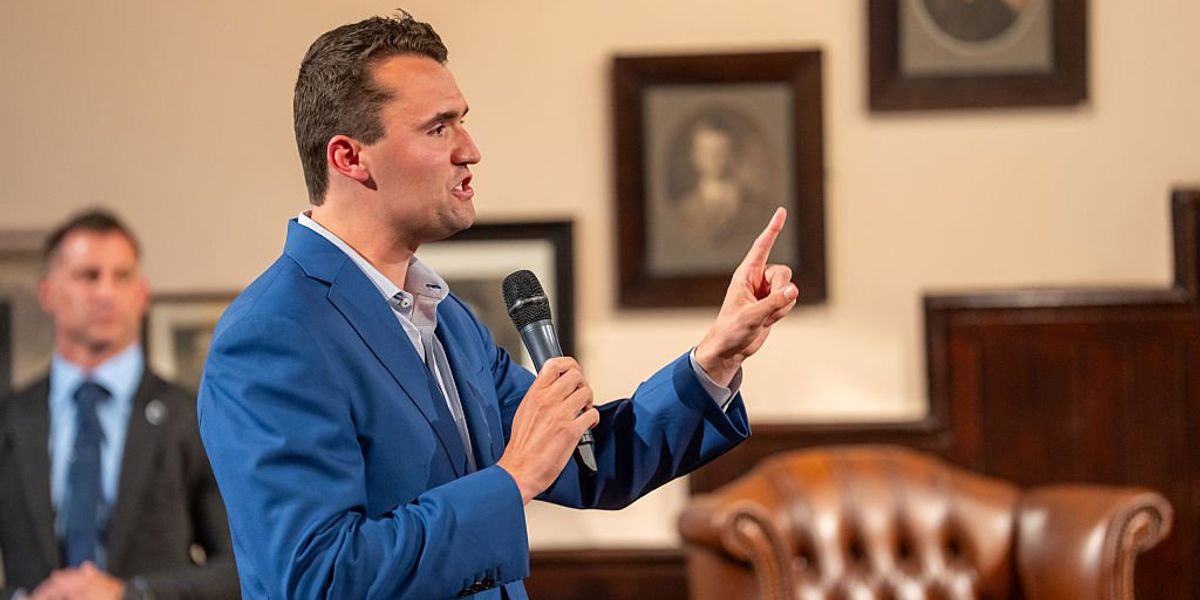

Charlie Kirk has done something few public figures attempt: For the past decade, he has toured American university campuses and taken unscripted questions from students. In the process, he has exposed the intellectual rot at the heart of the modern academy. Most students come prepared not with arguments but with slogans — recycled from gender studies lectures and Ibram X. Kendi reading groups. What’s missing is actual critical thinking, the very trait these institutions pretend to cultivate.
Kirk recently brought his project to the United Kingdom, with similarly revealing results. At the storied Cambridge Union on May 19, he debated students and fielded questions from the audience. The encounter didn’t showcase the vitality of one of Christendom’s oldest universities. It exposed its decline. What stood out wasn’t the strength of Cambridge’s intellectual tradition but its weakness — the spectacle of a self-assured student, brimming with elite self-regard, being outmatched by an American who never earned a degree.
Kirk delivered the mortal blow: A child has more wisdom than a Cambridge student.
Once upon a time, the Cambridge student who wanted to “challenge the system” or “speak truth to power” might have supported William Tyndale in translating the Bible into English — an act that cost him his life. Or perhaps he would have taken pride in the legacy of John Eliot, a fellow Cambridge alumnus who crossed the Atlantic, entered the wilderness, and ministered to the Algonquin. Eliot invented a written form of their language, translated the Bible into it, and sent a copy back to Cambridge — confident the university would take pride in such a feat. His was the first Bible printed in the American colonies.
Those days are gone.
No God, no goodness
In the recent debate, former Cambridge Union President Sammy McDonald didn’t use his platform to pursue truth. He used it to mock the Christian faith. While Kirk’s Christianity is no secret, McDonald’s contempt was likely aimed at specific claims Kirk made during the event — that life begins at conception and that monogamous, heterosexual marriage benefits society. In today’s academic climate, such positions qualify as heresy. The punishment is no longer martyrdom (not yet) but smug derision.
In that context, Kirk performed a public service for Cambridge and the world. McDonald stands as a warning of what students too often become when shaped by today’s academic regime: clever but foolish, hostile to God, Christ, and Christianity, and armed with a brittle moral confidence unsupported by any coherent view of good and evil.
One of the most painful moments of the debate came when McDonald revealed he didn’t know what “genocide” or “ethnic cleansing” meant. His tactic was simple and dishonest: accuse Charlie Kirk of endorsing atrocities without a shred of evidence, then use the rest of his time to condemn those atrocities as evil. It’s a lazy maneuver — a rhetorical sleight of hand — and emblematic of the intellectual decay at the Cambridge Union.
Worse, McDonald offered no coherent explanation for why anything is evil. His only moral compass seemed to be a vague intuition that suffering is bad. But where did that intuition come from? He professed concern for innocent children killed in Gaza, yet never acknowledged the mass slaughter of unborn children in his own country. That’s not moral reasoning. That’s hypocrisy. And one wonders why a Cambridge education failed to help him see it.
The problem of abundance
Kirk, by contrast, praised Great Britain for its civilizational legacy and urged students to reclaim it. When asked why wealthy societies tend to abandon monogamous marriage, Kirk’s answer cut to the heart of the issue: Once a society stops needing to delay gratification — once comfort becomes the norm and abundance replaces sacrifice — moral decay follows. Without a transcendent order grounded in the creator, collapse becomes not just possible but likely. Even before collapse, citizens lose their footing. Anxiety and misery take hold.
It was an odd question, really, since the dominant theme among leftist students is that wealth corrupts and the rich are inherently evil. And yet they seem eager to imitate the decadence of affluent societies rather than return to the moral clarity of more modest times.
McDonald’s moral confidence boils down to a single assertion: Suffering is bad. He has hollowed out anything transcendent. When Kirk affirmed that there are good guys and there are bad guys, McDonald scoffed, accusing him of holding childish morality.
Then, Kirk delivered the mortal blow: A child has more wisdom than a Cambridge student. And that’s what Kirk puts on display time and again: University students do not know what is clear.
RELATED: Charlie Kirk is not wrong about birth control
 Photo by Chip Somodevilla/Getty Images
Photo by Chip Somodevilla/Getty Images
When Kirk spoke of truth, beauty, and goodness, the students stared blankly, as if they had heard ancient words but had forgotten what they meant. To borrow from Johnny Cash, “They say they want the kingdom, but they don’t want God in it.” Like Richard Dawkins, such students want the benefits of Christian culture but without Christ.
That tells us nearly everything. Students like McDonald study among the crumbling stones of a university built on Christian foundations — a place that once trained minds in piety, theology and the Great Commission. The Physics Department at Cambridge still bears the words of Psalm 111:2 above its door: “The works of the Lord are great; sought out of all them that have pleasure therein.” But reverence has given way to signaling, posturing, and progressive clichés. Today’s mission is not to spread the gospel but to promote the sexual politics of Alfred Kinsey — and to call that “progress.”
In his final moments, McDonald grasped for a rhetorical flourish and accused Kirk of having betrayed America — a country McDonald, bizarrely, claimed to admire. After the applause, Kirk delivered the final blow: “The difference is, when we get our way, we’ll still have a country. You’ll be living in a third-world hellhole.”
It was a moment of historical symmetry: the smug redcoat realizing, too late, that the ragtag colonials had just won.
A call to return
If “loving America” means gutting its Christian foundation and moral clarity, young Mr. McDonald can keep his affection to himself. No means no.
Cambridge should reclaim its former glory. As Kirk rightly observed, the United Kingdom has become a husk of what it once was. This was once the land of Bible translators, of scholars who believed every reader deserved Scripture in their own language — and the education to understand it and live by it. On that foundation, England abolished slavery and carried Christian morality across the globe in pursuit of the Great Commission.
Short of revival, Kirk has performed a necessary service. Just as he has done for American families, he has now done for English ones: exposed the ignorance of the modern university. He’s held up a mirror so that every parent might ask, honestly and urgently, whether a diploma is worth the price of their child’s soul.
.png)
 1 day ago
9
1 day ago
9

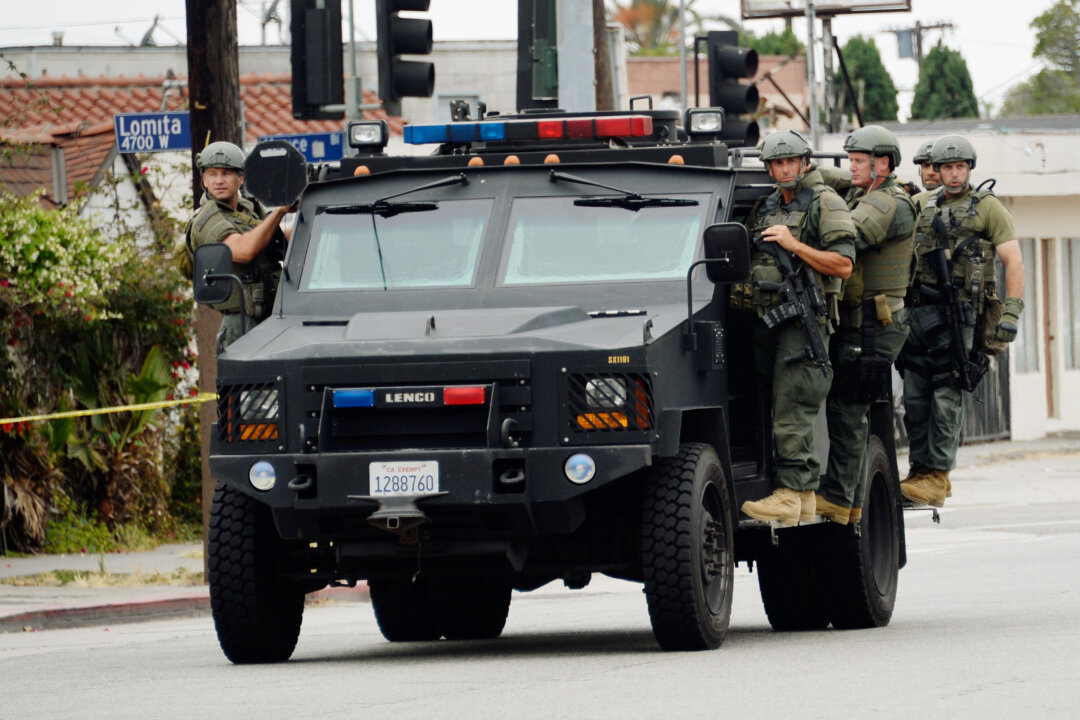
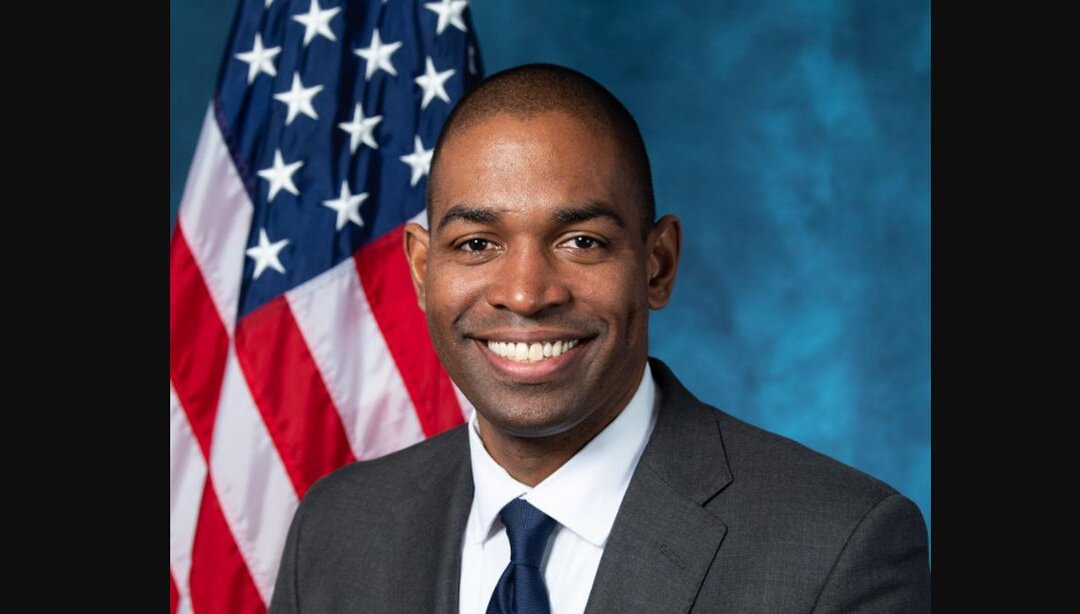
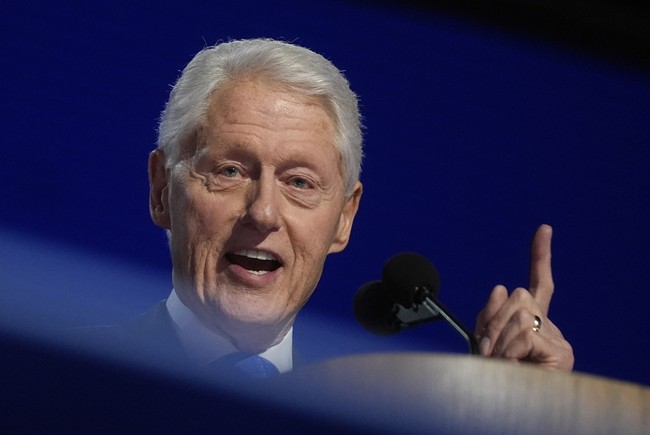

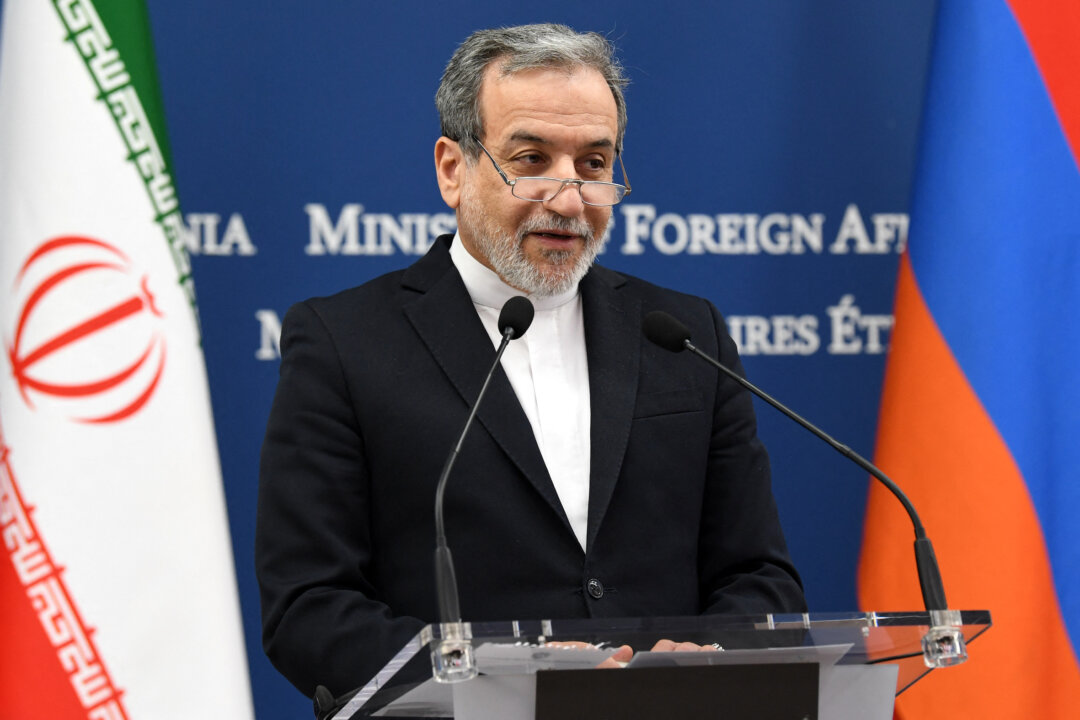

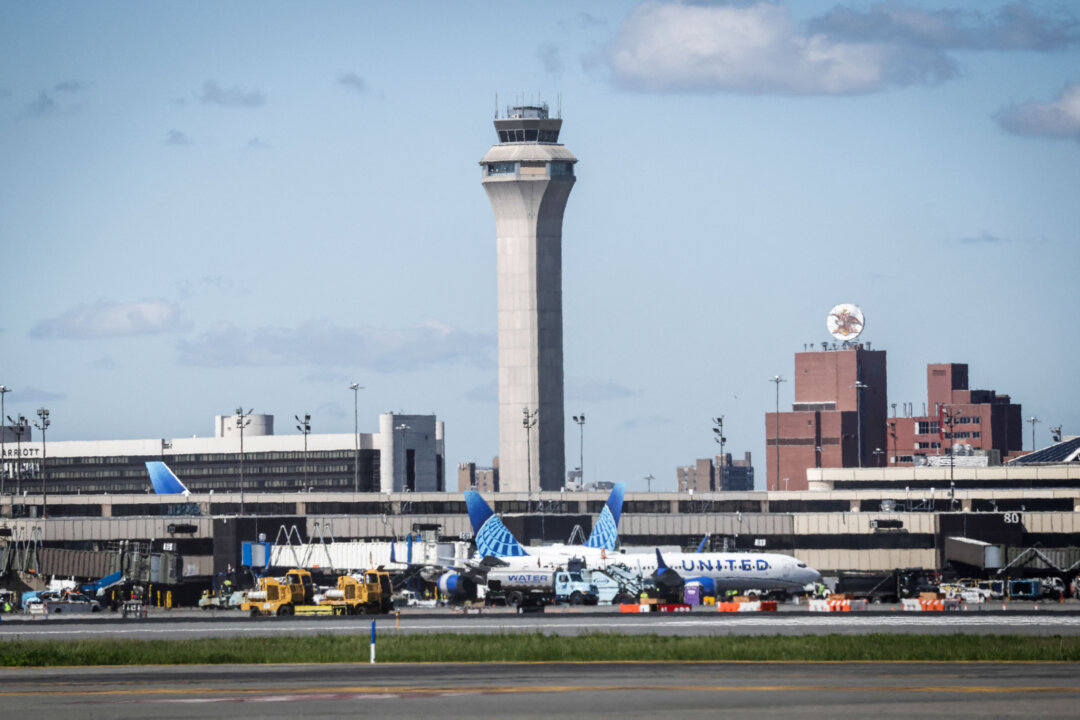






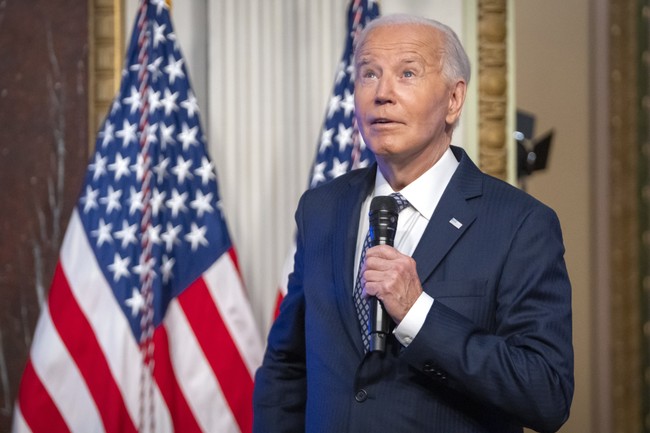
 English (US)
English (US)